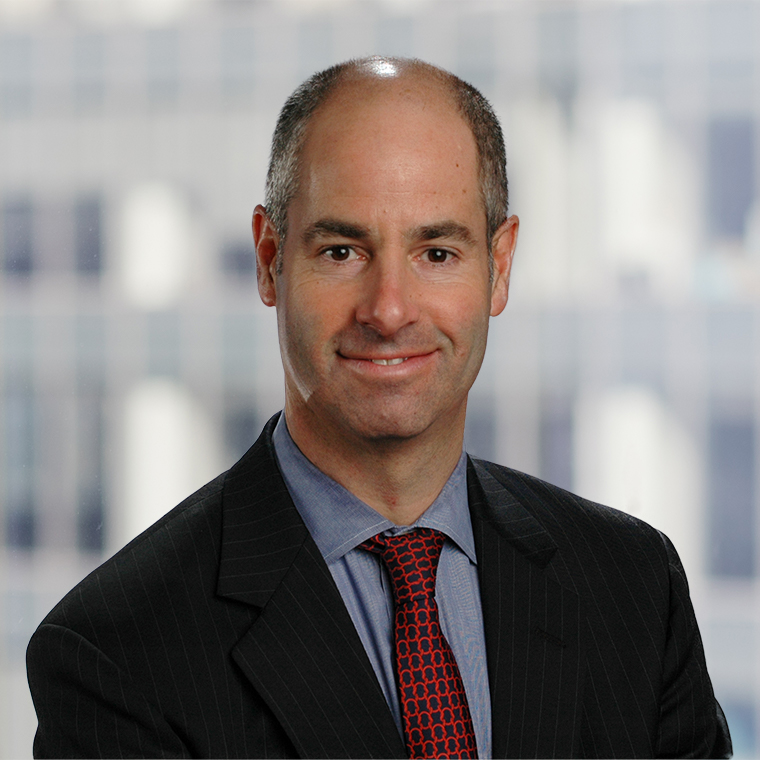On June 9, the Third Circuit Court of Appeals held that interest-bearing debt should not be "double discounted" to present value after the lender's unmatured interest has already been disallowed under 11 U.S.C. § 502(b)(2).
When an unsecured lender claims the full face amount of the unpaid principal borrowed by a debtor plus post-petition interest through maturity, the lender can expect a challenge under Section 502(b)(2) of the Bankruptcy Code with respect to the interest component of its claim. But in the Oakwood Homes case, JP Morgan, on behalf of debt certificate holders, met this challenge as well as another. After disallowing JP Morgan's claim for unmatured interest, the Delaware Bankruptcy Court reduced the principal portion of JP Morgan's claim to reflect the present value of the claim as of the date of Oakwood's bankruptcy filing. JP Morgan alleged that its claim had been "double discounted"--first by deducting the unmatured interest under Section 502(b)(2), then by reducing the principal amount to its present value under the preamble to Section 502(b). JP Morgan appealed both discounts to the Delaware District Court and then appealed the present value discount only to the Third Circuit, where approximately $30 million was at stake.
The Third Circuit reversed the lower court rulings and held the "double discounting" impermissible. Rejecting the proposition that the inter-relation of Section 502(b)(2) and the preamble to Section 502(b) is "clear and unambiguous," the Third Circuit looked to the legislative history of Section 502 to determine whether "double discounting" was intended. The Third Circuit found that the legislative history implies a "highly significant" distinction between interest-bearing and non-interest-bearing debt. For interest-bearing debt, a proper present value calculation takes the total amounts of all principal and unmatured interest when due and discounts those amounts from their respective due dates to the present date. If unmatured interest is taken out of the picture, the interest-bearing debt has in essence already been "present valued" because the principal amount today is the present value of the negotiated principal-plus-interest over time. To "present value" interest-bearing debt after disallowing interest "would inequitably twice penalize the creditor for the time value of money." Non-interest-bearing debt, on the other hand, has no risk of suffering a twice-over penalty.
Thus, the Third Circuit concluded that the Delaware Bankruptcy Court could have either disallowed JP Morgan's claim for the matured interest (under Section 502(b)(2)) or discounted its entire principal-plus-interest claim to present value (under the Section 502(b) preamble), but not both. This approach captures the economic reality of interest-bearing debt but also exposes the textual disconnect between two parts of the same Bankruptcy Code subsection.
-George W.Shuster, Jr.
Supreme Court Holds That Unpaid Workers' Compensation Premiums Are Not Priority Claims
In a 6-3 decision, the Supreme Court ruled on June 15 that claims for unpaid workers' compensation premiums are not to be treated as priority claims under Section 507(a)(5) of the Bankruptcy Code. In addition to wages and salaries, the Code gives priority treatment to unpaid contributions to "an employee benefit plan." In Howard Delivery Service v. Zurich American Ins., No. 05-128, the Court held that unpaid premiums owed to a workers' compensation carrier are not entitled to priority treatment in bankruptcy. In reaching this conclusion, the Court's opinion, written by Justice Ginsburg, emphasized the principle that bankruptcy law generally favors the equal treatment of unsecured creditors. For that reason, statutory provisions granting priority to certain creditors "must be tightly construed." "Every claim granted priority status reduces the funds available to general unsecured creditors and may diminish the recovery of other claimants." In dissent, Justice Kennedy (joined by Justices Souter and Alito) argued that workers' compensation insurance qualifies as an "employee benefit plan," and claims for unpaid premiums are thus entitled to statutory priority.
Fourth Circuit Holds That Intercompany Trade Debt May Be Recharacterized As Equity
On June 27, the Fourth Circuit held in Fairchild Dornier GMBH v. Official Committee of Unsecured Creditors, No. 05-1930, that a trade claim held by a parent company against its subsidiary may be recharacterized as equity.
Fairchild Dornier, a German aircraft manufacturer, sold spare parts to its wholly owned indirect US subsidiary, Dornier Aviation. While Fairchild Dornier regularly invoiced Dornier Aviation for the parts sold, the bankruptcy court credited trial testimony indicating that the parties agreed that Dornier Aviation was not required to pay the invoices "until the whole operation turned positive," since Fairchild Dornier "viewed its relationship [with Dornier Aviation] as a market investment." The Fourth Circuit affirmed the lower courts' determination that the parent's claim should be recharacterized as equity, joining every circuit to address the question in holding that the doctrine of Pepper v. Litton, 308 U.S. 295 (1939), permits a bankruptcy court to recharacterize a purported debt claim into one for equity, where such a characterization better reflects the economic reality of the transaction.
Court to Decide Whether Debtor Has Absolute Right to Convert
The Supreme Court agreed to resolve, next term, the division of authority among the lower courts on the question of whether a debtor has an absolute right to convert a Chapter 7 bankruptcy to a case under Chapter 13. Section 706(a) of the Bankruptcy Code provides that a "debtor may convert a case under this chapter to one under chapter 11, 12, or 13 at any time..." In In re Marrama, 430 F.3d 474 (1st Cir. 2005), the First Circuit held that notwithstanding this statutory language there is "no evidence that Congress intended to override the presumptive power and responsibility of the bankruptcy court to weed out abuses of the bankruptcy process." Id. at 478. The court thus held that a motion to convert may be denied on "bad faith" grounds. That decision follows similar holdings of the Fourth and Sixth Circuits. In re Finney, 992 F.2d 43 (4th Cir. 1993); In re Copper, 426 F.3d 810 (6th Cir. 2005). By contrast, the Fifth Circuit has held that "the right to convert is absolute and unqualified." Pequeno v. Schmidt, 2005 WL 513466, (5th Cir. Mar. 4, 2005). The Supreme Court will likely hear arguments in the case, Marrama v. Citizens Bank of Massachusetts, No. 05-996, in December 2006.
The Court also denied a petition for certiorari in Sasson v. Sokoloff, No. 05-1171. That petition presented the question of whether bankruptcy courts may exercise the supplemental jurisdiction granted to district courts in 28 U.S.C. § 1367. In denying the petition, the Court left the division of authority among the lower courts on that question unresolved. In federal circuits where bankruptcy courts may exercise supplemental jurisdiction, the Court's denial of the petition leaves non-debtors exposed to a broader reach of bankruptcy court jurisdiction.
For more information on these or other bankruptcy and commercial matters, please contact the authors listed above.



